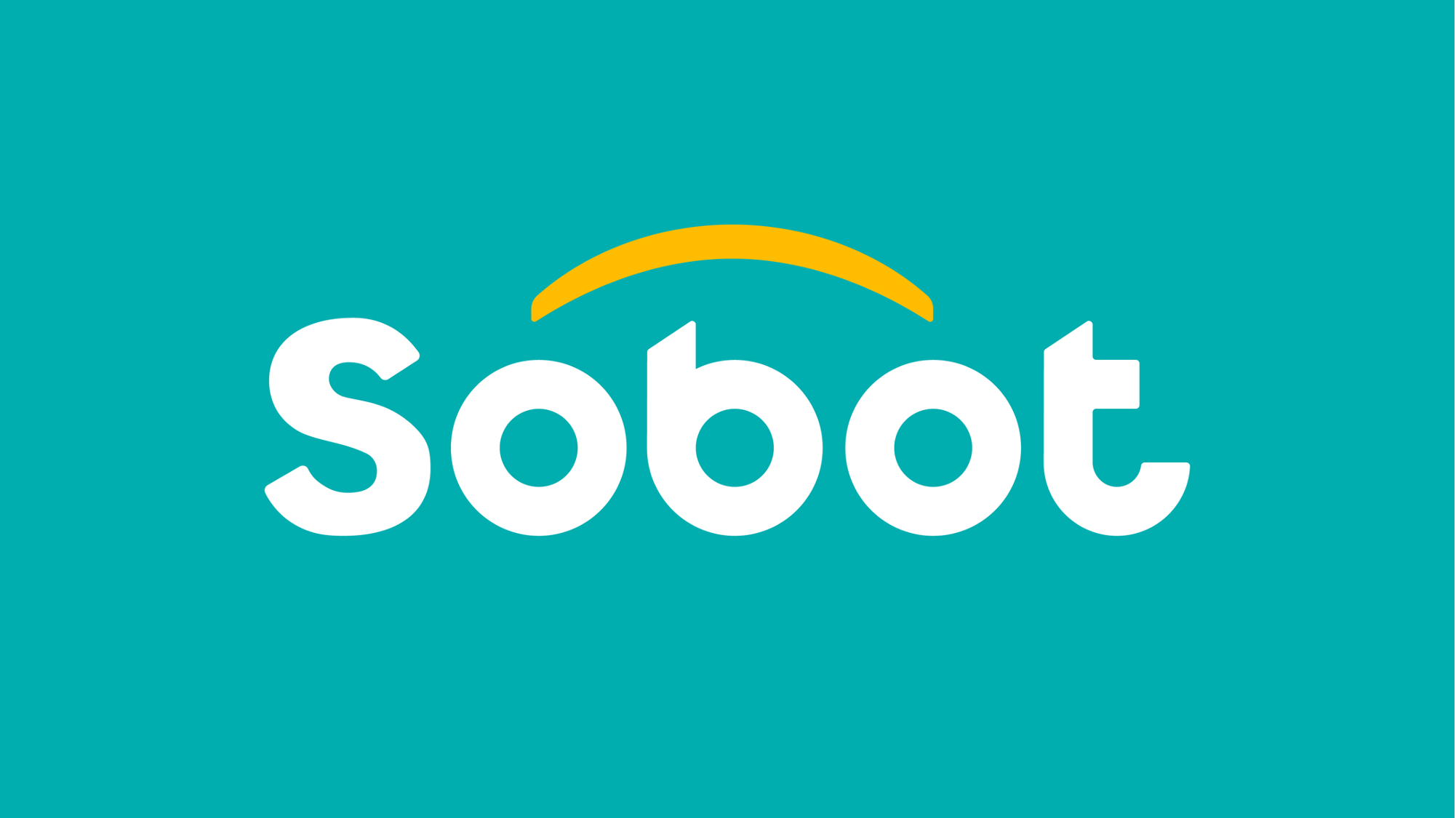In today’s fast-paced business environment, delivering exceptional customer support is no longer optional—it’s essential. One of the key tools that companies rely on to streamline their support processes is a customer service ticketing system. But what exactly is it, and why has it become indispensable for businesses across industries?
Understanding a Customer Service Ticketing System
A customer service ticketing system is a software solution designed to manage, track, and organize customer inquiries and issues. When a customer reaches out for support, whether through email, live chat, social media, or phone, the customer support ticket system generates a “ticket” that records the details of the request. Each ticket is assigned a unique identifier, making it easy for support agents to monitor its progress from submission to resolution.
This system acts as a centralized hub for all customer interactions. By consolidating support requests, businesses can avoid lost messages, reduce response times, and provide consistent service experiences.
Key Features of a Ticketing System
Modern ticketing systems come with a range of features that enhance support efficiency:
- Automated Ticket Assignment: Tickets can be automatically routed to the most suitable support agent based on expertise, availability, or department.
- Prioritization and Categorization: Requests are classified according to urgency and type, ensuring critical issues receive immediate attention.
- Multi-Channel Support: Customers can submit tickets through various channels, and all interactions are captured in a single platform.
- Tracking and Reporting: Agents and managers can monitor ticket status, response times, and resolution metrics, enabling data-driven improvements.
- Knowledge Base Integration: Many systems include access to a knowledge base, allowing agents and customers to find solutions quickly.
Benefits of Using a Customer Service Ticketing System
Implementing a ticketing system offers multiple advantages for businesses and their customers:
- Improved Response Times: Automated workflows and ticket tracking reduce the time it takes to respond to customer inquiries.
- Enhanced Customer Satisfaction: Customers receive timely updates on their requests, building trust and loyalty.
- Greater Accountability: Each ticket’s progress is documented, ensuring that no request goes unanswered.
- Data-Driven Insights: Businesses can analyze ticket trends to identify recurring issues, optimize processes, and train staff effectively.
- Scalability: As businesses grow, ticketing systems can handle increasing volumes of customer requests without compromising service quality.
Choosing the Right Ticketing System
Selecting the right system depends on your business needs. Factors to consider include integration capabilities with existing tools, ease of use for agents, support for multiple channels, and customization options. Businesses should also evaluate reporting and analytics features to ensure they can continuously improve their customer support processes.
Conclusion
A customer service ticketing system is more than just a tool—it’s a critical component of modern customer support strategy. By centralizing, organizing, and tracking customer requests, these systems allow businesses to respond efficiently, resolve issues effectively, and enhance overall customer satisfaction. For companies aiming to provide reliable and professional support, implementing a robust ticketing system is a step toward creating lasting customer relationships.



